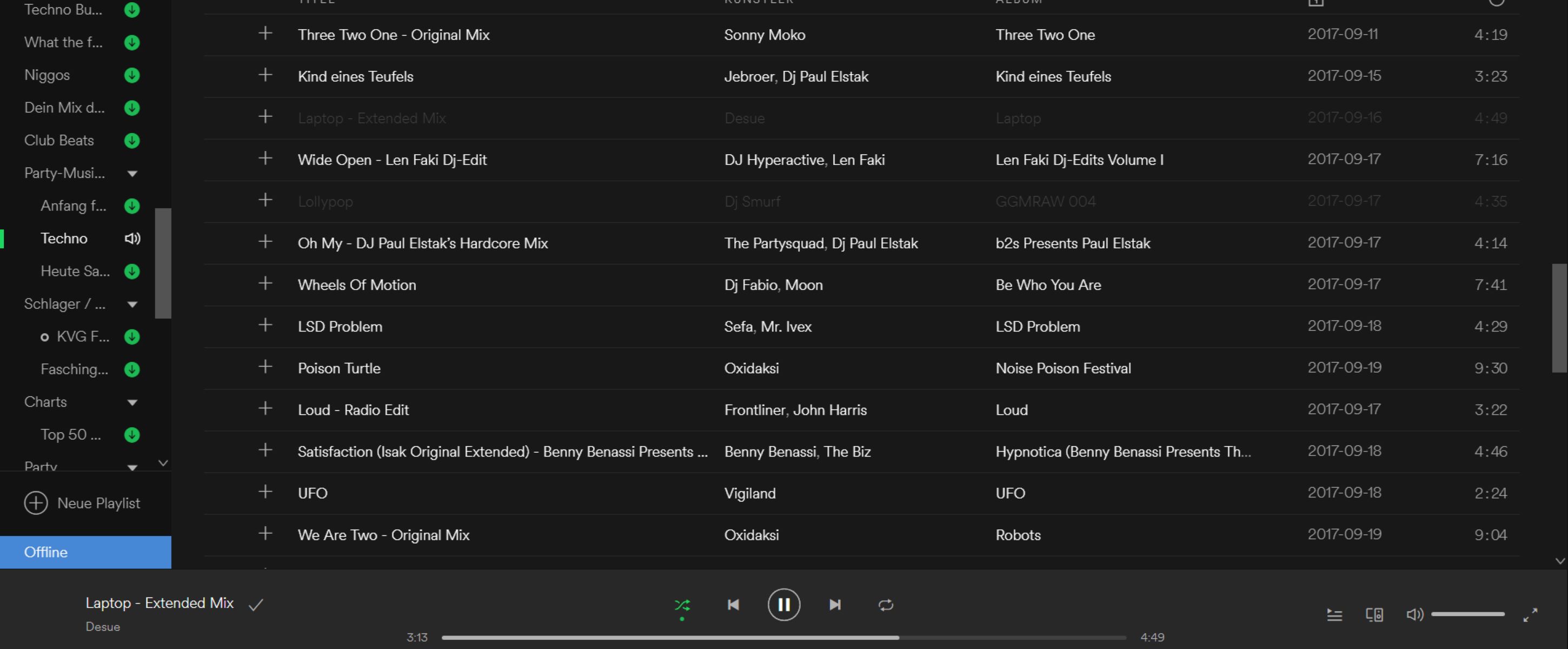Spotify has announced major changes to its royalty model that aim to generate $1 billion in additional revenue for new and popular artists over the next five years. The streaming service plans to direct more money to these artists and record labels, while also addressing issues such as streaming fraud and small payments that aren’t reaching artists.
Key Takeaway
Spotify’s upcoming changes to its royalty model will generate an additional
billion for new and popular artists over the next five years. The streaming service aims to deter artificial streaming, better distribute small payments to artists, and crack down on those attempting to manipulate the system with noise. By implementing these changes, Spotify seeks to create a fairer and more sustainable streaming ecosystem for artists.
Cracking Down on Artificial Streaming
One of the key changes in Spotify’s new royalty model is a crackdown on artificial streaming. The company plans to charge labels and distributors per track if artificial streaming is detected on their content. By deterring such practices, Spotify hopes to prevent people from uploading content with the intention of generating pennies from an extremely high volume of tracks.
Better Distribution of Small Payments
Another issue Spotify aims to address is the distribution of small payments that often go unnoticed or don’t reach the artists. Currently, tracks that receive between 1 and 1,000 streams over the past year generate an average of $0.03 per month. However, due to transaction fees and minimum withdrawal amounts required by labels and distributors, the money often doesn’t make it to the uploaders.
Under the new model, tracks will need to reach at least 1,000 streams in the past 12 months in order to generate royalties starting next year. This will ensure that more eligible tracks receive increased payments, as the tens of millions of dollars previously spread out into $0.03 payments will be directed towards all artists dependent on streaming revenue.
Setting a Minimum Track Length for Functional Noise Recordings
In an effort to combat those attempting to game the system with noise, Spotify will increase the minimum track length for functional noise recordings, such as white noise and nature sounds, to two minutes. This change aims to prevent bad actors from artificially shortening tracks and stacking them consecutively in playlists to maximize royalty-bearing streams. By setting a minimum track length, Spotify hopes to reduce the revenue opportunities for noise uploaders and allocate more funds to hardworking artists.

























